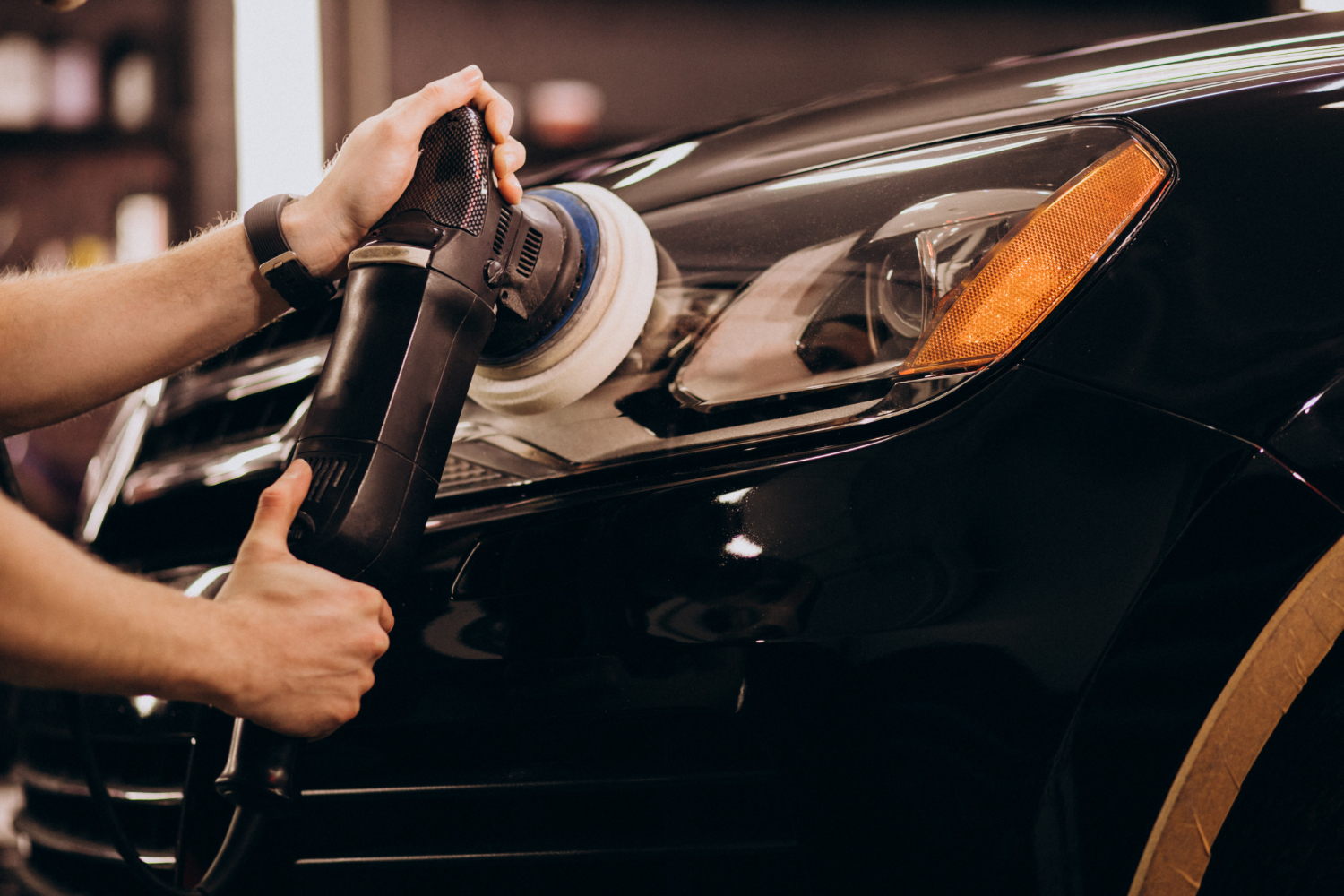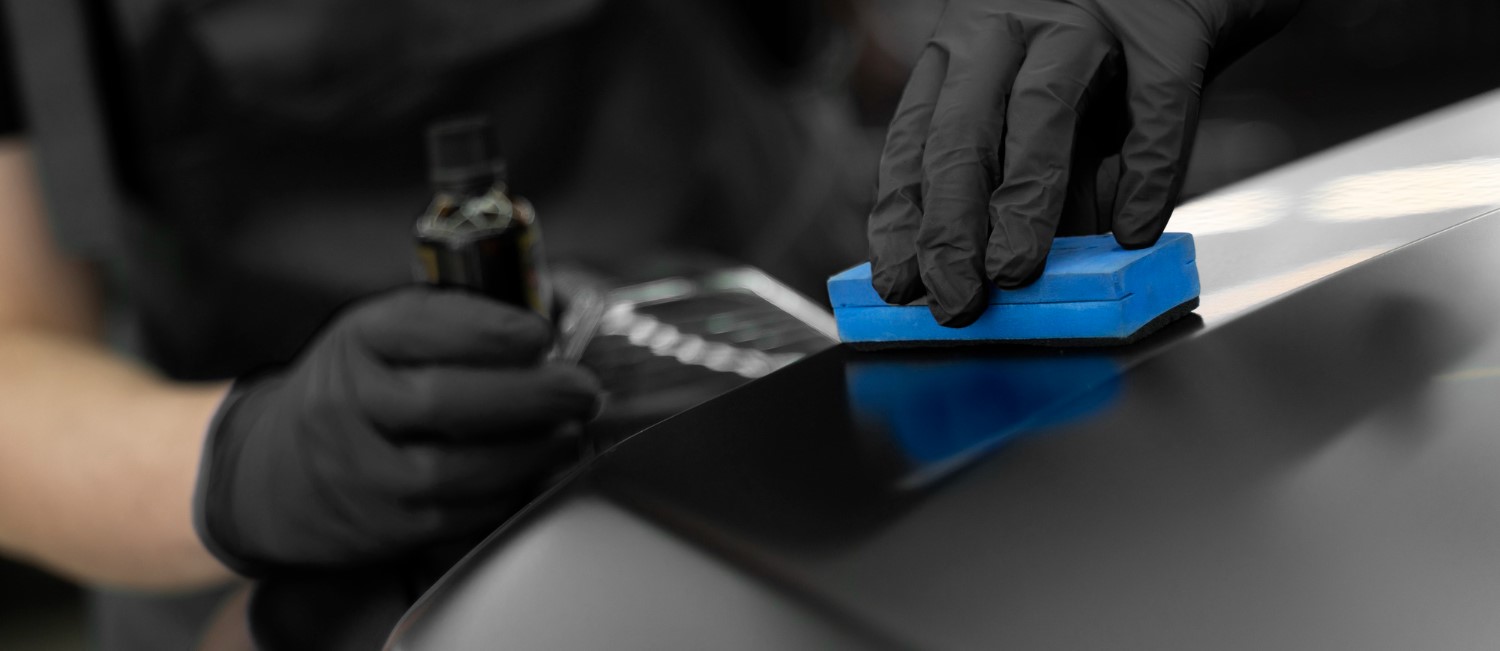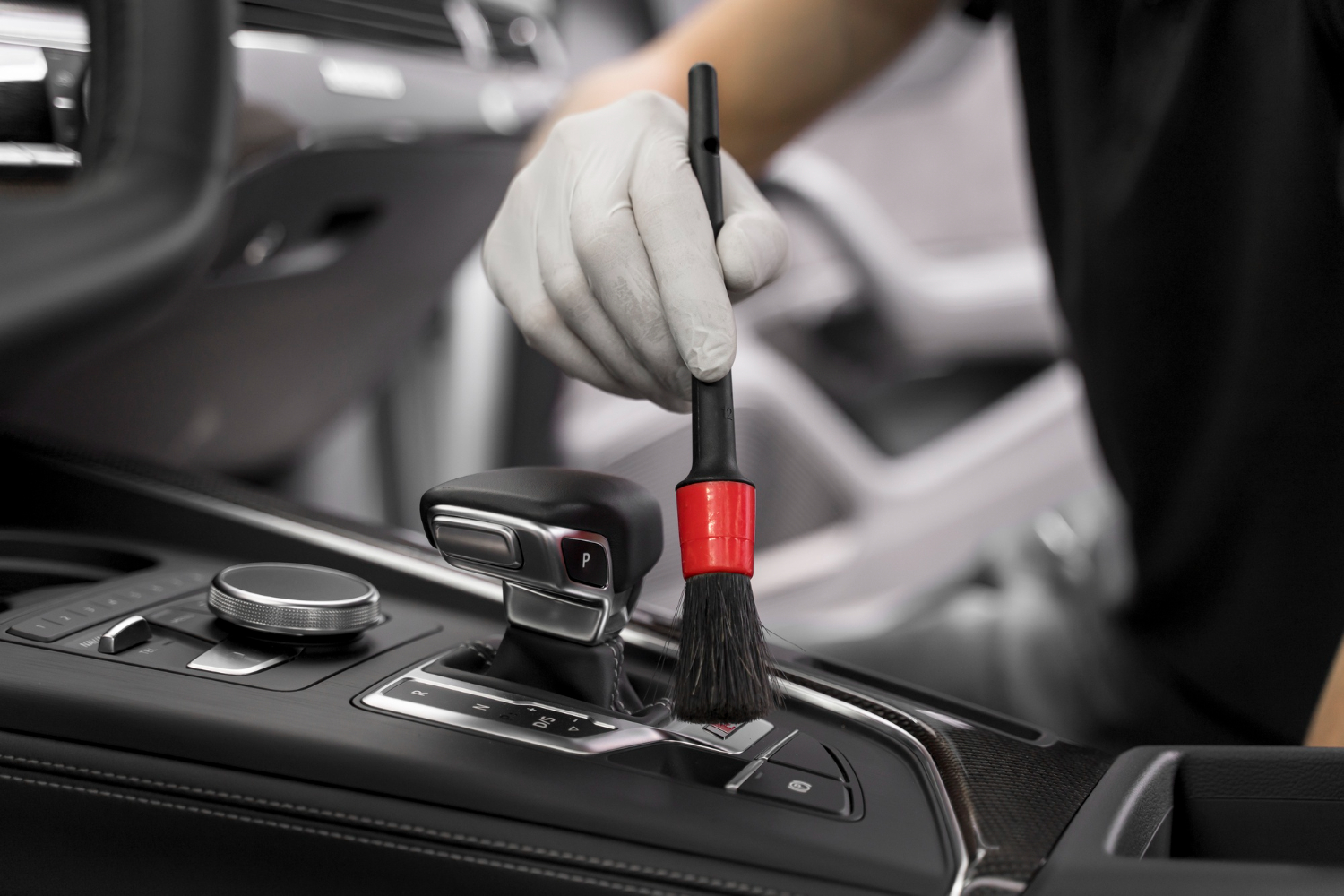Car Detailing Vs Washing: Key Differences Backed by Evidence
Mobile car detailing and regular car washing are two distinct approaches to maintaining your vehicle's cleanliness. This guide explains the key differences between these services and helps you determine which option best suits your needs. We'll examine cleaning methods, product quality, paint protection, time and costs, as well as long-term benefits. Each method has its place in car care, but knowing the differences helps you make smart choices about maintaining your vehicle.
Importance of Proper Cleaning Techniques
Effective cleaning methods are crucial for both car detailing and washing to remove dirt without damaging your car's surface. When washing a car, start by rinsing off loose dirt and debris. Use a pH-balanced car soap and a soft microfiber mitt to gently clean the surface without scratching. The two-bucket method keeps dirty water separate from clean water, preventing contamination. Car detailing employs specialized techniques, such as clay barbing and polishing, that require skill and precision to remove stubborn dirt and restore shine. Learning these methods helps you get professional results when caring for your car.
Effectiveness of Car Detailing Products
High-quality car detailing products work more effectively than regular washing supplies for enhancing and protecting your vehicle's surfaces. These products contain advanced materials, including polymers, ceramic coatings, and specialized chemicals, that clean, protect, and add shine to car surfaces. Testing shows that premium detailing products beat standard washing products by providing longer-lasting shine, better water beading, and stronger protection against UV rays and pollution. These products also resist scratches and swirl marks more effectively, helping to preserve your car's paint job. When you want professional results, investing in quality detailing products is worth the extra cost.
Impact on Paint Protection
High-quality car detailing products offer significantly better paint protection than regular washing, creating a strong barrier against environmental damage. These products often have advanced polymers and ceramic coatings that stick to the paint surface, forming a shield that repels dirt, road grime, and UV rays. The water-repelling properties help water roll off the surface, reducing the formation of water spots and rust. Regular car washing helps maintain your car, but it doesn't protect the paint as well as professional detailing products do. Investing in high-quality detailing treatments can significantly extend the lifespan of your car's paint job, keeping it looking shiny and providing enhanced protection against weather and road conditions.
Time and Cost Considerations
Considering time and cost factors, car washing is typically faster and less expensive for regular maintenance. A basic wash takes less time and costs less than a full detailing service. However, detailing takes more time and costs more upfront, but provides deeper cleaning and longer-lasting results. The careful detailing process ensures better cleanliness and protection for your car's surfaces. The choice between detailing and washing depends on balancing time and cost against the level of care and protection you want for your vehicle.
Long-Term Benefits of Vehicle Maintenance
Over time, car detailing helps your vehicle more than regular washing because it cleans more thoroughly and provides better protection. Car detailing involves a meticulous cleaning process that exceeds the capabilities of standard washing. By removing dirt, grime, and pollutants from both exterior and interior surfaces, detailing prevents long-term damage, such as rust and corrosion. Detailing also includes protective treatments, such as waxing and sealing, that create barriers against sun damage and moisture. These protective steps not only enhance your vehicle's appearance but also help maintain its value by keeping the paint and materials in good condition.
Related Topics:
.png)



